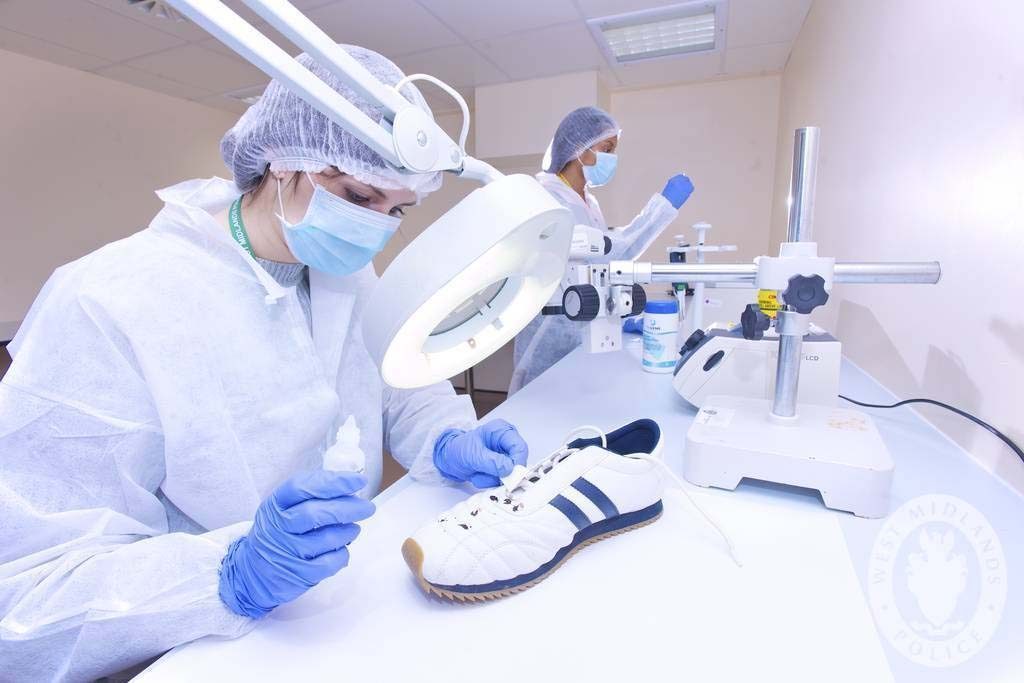
With reporting from Riham Sheble
DNA evidence may soon be admissible in Qatar’s criminal courts after the nation’s Cabinet approved a draft law specifying how the powerful investigative tool could be used.
According to a statement released by Qatar’s state news agency, the draft law would make “DNA tests and data kept in DNA database to be authoritative in evidence unless proven otherwise.”
DNA evidence can identify a suspect with near certainty when samples such as hair and bodily fluids are collected and analyzed properly.
Two lawyers who spoke to Doha News said they have not seen such evidence presented in Qatar’s courts, suggesting it is not commonly used here.
Up until now, it was left to a judge’s discretion as to whether to admit DNA evidence, former Qatari justice minister Najeeb al-Nuaimi told Doha News. However, if passed, the law would require judges to allow DNA evidence to be presented, he said.
Recent cases
Last year, documents filed in the case of a Pakistani gardener convicted of murdering an elderly Qatari woman made reference to DNA evidence connecting the man to the crime scene.

Meanwhile, a law ratified in 2013 established a national DNA database in the Ministry of Interior’s Forensic Laboratory Department to store biological samples and help identify criminal suspects and deceased individuals.
Expanding the use of DNA evidence in Qatar is expected to make it easier for prosecutors to obtain convictions. It also has the potential to exonerate suspects who are wrongly accused of a crime.
“DNA provides irrefutable evidence that is recognized around the whole world,” Mohamed Amin, a lawyer at the Al Shahwani and Al Muhannadi lawyers’ firm, told Doha News.
Legal reaction
DNA, or deoxyribonucleic acid, carries an individual’s genetic information and is found in human cells. It can be collected from weapons, clothing, a drink bottle, cigarette butts or other objects that could contain sweat, blood, hair or other biological materials.
“DNA is a powerful investigative tool because… no two people have the same DNA,” states the US National Institute of Justice.

While it is valuable evidence in major criminal investigations, Amin said he doesn’t expect a rush of sampling to occur in Qatar due to the country’s small population.
He added that he doubted it would have a great effect on the local legal system as DNA evidence is “usually used in murder, rape and other cases to prove paternity, which aren’t many in Doha,” he said.
“Defendants usually admit to the crime in the cases I’ve handled, so there was no need for DNA evidence,” he added.
However, legal counselor Abdul Rahman Mohamed Al Jufairi voiced a different opinion, saying that DNA evidence could be used in many other criminal cases regarding theft and forgery.
“A criminal could leave behind some traces that can be used as DNA evidence to track him down,” he told Doha News.
The cabinet’s draft law – which also covers how DNA data is to be collected, stored and used – is expected to be referred to Qatar’s advisory (Shura) council for further study.
Thoughts?







